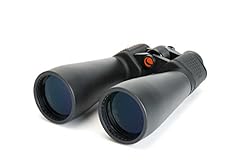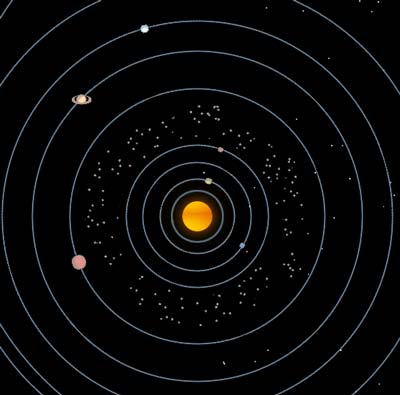What's in the Sky Tonight?
DECEMBER 2025
Our Favorite Astronomical Binoculars for under $100

Celestron SkyMaster Giant 15x70 Binoculars with Tripod Adapter

Orion 15x70 Astronomy Binoculars with Tripod Adapter
Dec 4: Super Cold Moon
The Cold Moon is one of the traditional names for the Full Moon in December because of the onset of winter in the Northern Hemisphere. For the second month in a row, this is also a Supermoon.
Dec 7: Conjunction of the Moon and Jupiter
Dec 13/14: Geminid Meteors
The Geminids is usually one of the best meteor showers of the year, producing up to 120 multicolored meteors per hour at its peak. It peaks this year on the night of the 13th and morning of the 14th. The Moon will be about one-third illuminated, which could partially reduce the visibility of this shower, but there will still be plenty to see.
Dec 20: New Moon
Dec 21: December Solstice
The December solstice takes place at 15:03 UTC. In the Northern Hemisphere, this is the winter solstice and the shortest day of the year. Meanwhile in the Southern Hemisphere, it is the summer solstice and the longest day of the year.
Dec 21/22: Ursid Meteors
The Ursids is a minor meteor shower producing about 5-10 meteors per hour. It peaks this year on the the night of the 21st and morning of the 22nd. The Moon will be a barely illuminated crescent and will provide dark skies for what should be a good show.
Dec 27: Conjunction of the Moon and Saturn
ASTRONOMY BINOCULARS
A mini telescope you can take anywhere
If you love sky gazing, you have to have a pair of astronomy binoculars!
Binoculars are a fantastic alternative to telescopes—inexpensive, lightweight, and
portable. For city dwellers where there is a lot of light pollution, binoculars are essential if
you want to see much of anything.
Binoculars enlarge and brighten the beauty and immensity of the night sky. You can see the
detail of the moon's craters, the phases of Venus, the moons and stripes of Jupiter, the awesome
jewels that dot the Milky Way, nebulae, star clusters, and comets when they're passing near.
Our favorite astonomy binoculars is the
Celestron SkGiyMaster Giant 15x70 Binoculars. These are excellent as well:
ANOTHER GREAT ASTRONOMICAL TOOL:
THE PLANISPHERE
A year-round, real-time sky map
 A planisphere is
a rotating star chart that allows you to dial in the entire visible sky for any day and
time of the year and with great precision. It has been called an analog star computer and was considered magical in ancient times.
A planisphere is
a rotating star chart that allows you to dial in the entire visible sky for any day and
time of the year and with great precision. It has been called an analog star computer and was considered magical in ancient times.
Planispheres show the brightest stars, constellations, notable galaxies and nebulae, as well as
the path of the Milky Way. The plane of the ecliptic is also shown, which reveals the pathway of
the planets as they appear to move across the night sky.
Purchase a planisphere for $7.95
 See an animation of the movement of planets in our solar system.
See an animation of the movement of planets in our solar system. See amazing views from space
See amazing views from space